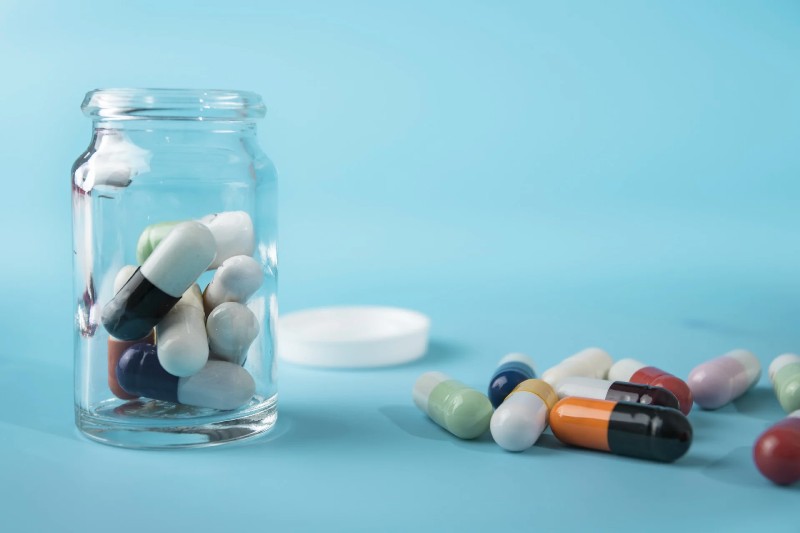“Nootropics” is a term that many people have never heard of before. Smart drugs, cognitive enhancers, and memory enhancers are all subcategories of nootropics. Some nootropics are marketed as brain supplements and may be bought over-the-counter, while others need a prescription in order to be made available to the general public. In light of the industry’s inherent dangers, clients should be made aware of these risks. So what is in Qualia Mind? It is one of the best Nootropics you can go for.
What Is a Nootropic and How Do They Help You?
Any dietary supplement or “smart drug” that has the power to improve or alter a person’s cognitive function is considered a nootropic by the wider scientific community. That’s why the term “nootropics” is also used to describe cognitive enhancers and smart drugs.
When it comes to enhancing cognitive function, distinct nootropics may use methods that vary from one another. Neurotransmitters or chemical messengers in the brain of a person taking a nootropic are all affected. An knowledge of brain chemistry and the signalling pathways crucial for memory, attention, and concentration is required to grasp nootropics.
To What Ends Do Nootropics Help?
Cognitive enhancers and mood enhancers are two subcategories of nootropics. To maintain the efficacy of other nootropics, the dosage must be consistently adjusted.
“Nootropic stacking” is also a term for this approach. In order to get this synergistic effect, you must take at least two distinct nootropics simultaneously. It is well-known that certain nootropics increase memory, while others enhance cognition, attention and sensory awareness. People make an effort to tailor their nootropic cocktail in order to get the benefits of certain nootropics.
Is it true that they work?
The effectiveness of many nootropics is highly dependent on the dosage and frequency of administration. Natural nootropics have been shown to improve brain health in many ways, as the following research explains:
When nootropics dilate or widen brain arteries, they have been shown to increase blood flow to different areas of the brain.
According to a 2000 study, nootropics expand blood arteries in the brain, increasing the quantity of glucose (energy) and oxygen that can reach specific brain regions.
In a study conducted in 2012, scientists revealed that nootropics may help decrease inflammation in the brain and slow down the ageing process of brain cells. Even while nootropics offer several benefits, they also have a number of downsides.
Safety and risk are also addressed in this section
Some nootropics are derived from plants, which makes them more potent and effective than synthetic ones. A commercial producer may sell them as brain supplements.
Are Nootropics Regulated in Any Way?
The FDA does not regulate the vast majority of nootropic drugs. Attention-deficit hyperactivity disorder (ADHD) is one condition for which Adderall was approved by the FDA as a commercially available prescription medication (ADHD). FDA regulations address both the safety and efficacy of a drug’s ingredients in clinical studies. Nootropics that aren’t regulated have the risk of posing a serious health risk to consumers, since the dose and frequency of usage haven’t been well studied in preclinical or clinical studies.
The use of smart medicines or cognitive enhancers is not recommended
The safety of cognitive enhancer tablets is now being investigated. There are several factors that affect the safety of nootropics, including a person’s physical and mental health and whether or not they are taking any other medications that might interfere with the substances. It’s also important to keep in mind that persons who use nootropics like Adderall may become dependent on them. Even though nootropics have been authorised by the FDA, their usage in certain scenarios is not safe.
While utilising nootropic cognitive enhancers, people with co-occurring mental health conditions may encounter unexpected and occasionally severe negative effects.

